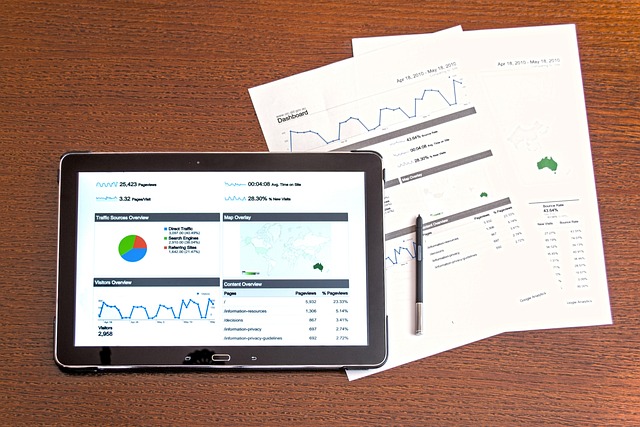Revolutionizing Sustainability: Leveraging Technology for Ethical Environmental Data Management
In today’s rapidly changing world, the intersection between technology and sustainability is becoming increasingly vital. As we continue to face pressing environmental challenges, it’s essential to harness technology in a way that benefits our planet. At the core of this initiative lies environmental data management, a key player in our efforts towards achieving a sustainable future.
Understanding Environmental Data Management
Environmental data management encompasses the processes involved in collecting, analyzing, and leveraging data related to environmental changes. This includes everything from air quality measurements to water usage statistics. By effectively managing this data, we can make informed decisions that lead to healthier ecosystems and communities.
Technology Etiquette in Environmental Data
With the rise of digital tools, there comes a responsibility to use technology ethically and responsibly. Just as we practice etiquette in our everyday interactions, it’s crucial to apply similar principles when it comes to environmental data management. This means:
- Transparency: Sharing data openly and honestly allows for collective action and informed decision-making. It’s important to communicate the findings clearly and accurately, fostering trust within communities.
- Privacy: As we gather more data, respecting the privacy of individuals and communities is paramount. Ethical data collection and management practices ensure that we are not infringing on personal rights while pursuing sustainability.
- Collaboration: Engaging with local communities, businesses, and organizations can maximize the impact of data initiatives. Working together fosters a sense of accountability and shared responsibility towards the environment.
Social Trends Driving Change
There is a growing social trend towards environmental awareness and action, driven by younger generations who prioritize sustainability in their choices. This cultural shift is evident in the following ways:
- Consumer Demand: There’s an increasing demand for sustainable products, pushing companies to adopt responsible practices. By prioritizing environmental data management, businesses can track their ecological footprint and make necessary adjustments.
- Education and Advocacy: Social media and digital platforms have become powerful tools for environmental advocacy. Campaigns centered around data-driven insights invite individuals to participate and make informed decisions about their impact on the environment.
- Technology Innovation: New technologies, such as artificial intelligence and blockchain, are transforming how we manage environmental data. By leveraging these innovations, we can gain deeper insights into environmental challenges and develop smarter solutions.
As we navigate the intricacies of leveraging technology for sustainability, it is our duty to ensure that environmental data management is done ethically and responsibly. By embracing technology etiquette and aligning with social trends, we can collectively strive for a cleaner, more sustainable future. Every piece of data collected can lead us one step closer to understanding and safeguarding our planet.




